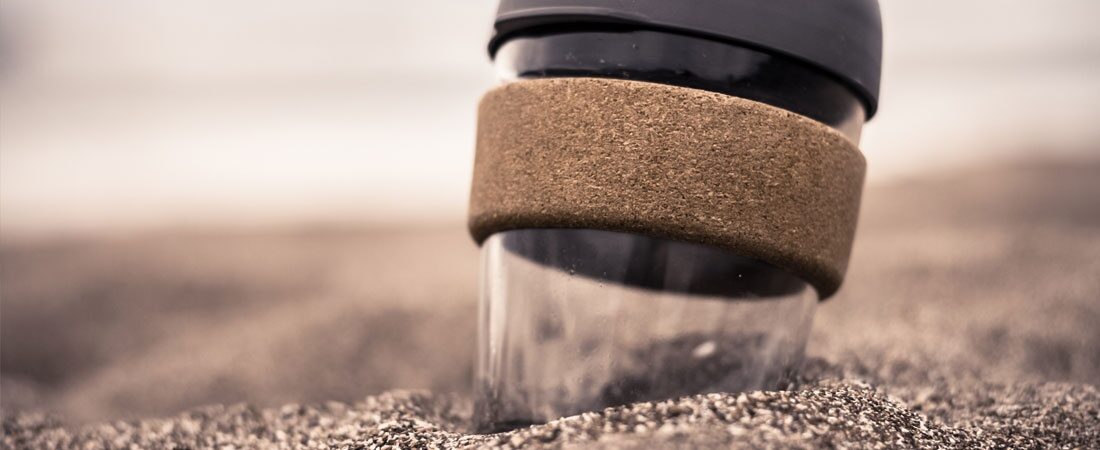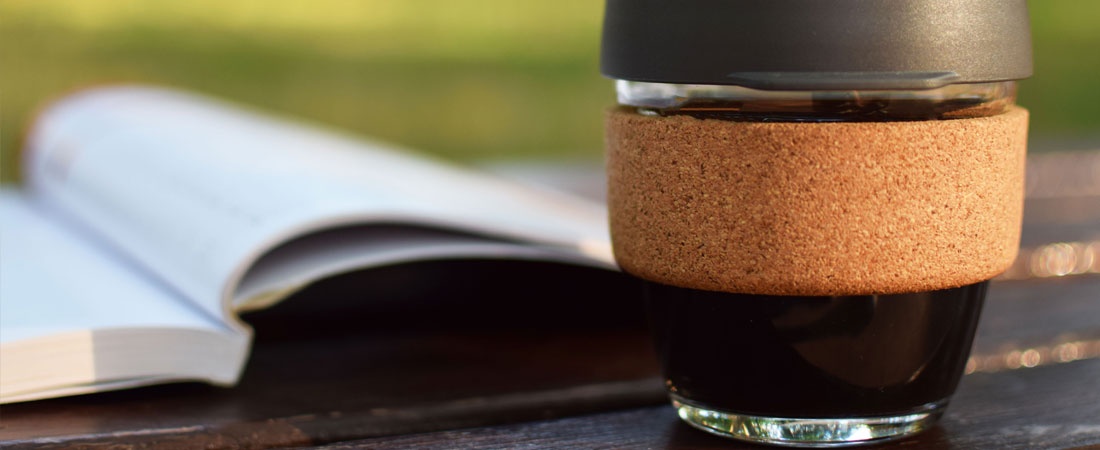In the UK, we drink approximately 95 million cups of coffee every day. But how can we enjoy coffee consciously, and ensure it is sustainable from source to sip?
Coffee is a treasured drink which takes a long journey before arriving in our morning cup. The beans come from established coffee plants, which bear ‘cherries’ after several years. The fruit must be harvested before the outer shell is removed to expose the bean, which is then cleaned, sorted, shipped and roasted.
Fair trade
Sadly, many countries with the perfect tropical climate for growing coffee plants, also known as the Bean Belt, are poverty-stricken. This makes farmers extremely vulnerable, with coffee prices affecting food, housing, healthcare and education. In addition, local employment is often dismissed for industrialised farming systems with high-density planting and mechanical harvesting. This is why it is all-the-more important to choose ethical, Fairtrade companies that support coffee farmers and their livelihood.
Deforestation
With coffee in high demand across the world, sun-grown production has soared since it produces more fruit. However, trees are cleared for this process, which has resulted in millions of acres of rainforest loss. Shade-grown coffee is a more sustainable, natural solution where habitats and wildlife are not compromised. The Rainforest Alliance offers certification programmes to coffee growers, to restore ecosystems and biodiversity on their farms and tackle deforestation in the industry.
Soil erosion
As well as destroying trees, sun-grown coffee also ruins soil health. The sun burns the soil, rapidly degrading it and increasing erosion. Fertilisers are required to maintain yields but eventually the soil becomes unsuitable for growing, and farmers move onto virgin land to repeat the cycle. Habitats are left altered and unsuitable for the species to thrive; plus when fertilisers are used, waterways become contaminated and aquatic life is harmed too. So when purchasing coffee, look for the Soil Association Organic label for peace of mind.
Plastic packaging
From bean to bin and beyond, much of the coffee that UK consumers enjoy is packaged in plastic – particularly the ever-popular pods. On top of this, our increasingly on-the-go society has made coffee more accessible but more disposable. In fact, only one in 400 coffee cups are recycled, with the vast majority going straight to landfill. Thankfully, reusable cup movements are changing this narrative, and the British Coffee Association is working on multiple industry goals for a sustainable circular coffee economy. This includes zero-waste packaging by 2025 which is 100% recyclable or reusable, with 0% waste going to landfill.
Although the environmental impact of the coffee trade is significant, it is possible to purchase eco-friendly, responsibly-sourced coffee. While it may be more expensive, it pays in many forms. We’d recommend choosing a quality brand that offers full transparency in its production, so you can trace the beans back to their origin.
At Peace With The Wild, we stock a range of sustainable coffee brands and products, from ground to instant to capsules. Additionally, if you enjoy your coffee out and about, why not carry a reusable cup, opt for a dairy-free milk alternative, ask for a paperless receipt and update your coffee criteria to ensure the retailer you visit prioritises sustainability all the way from source to sip.
Written by Hannah Stark






Put more information on your website like this one, I really like these types of blogs, Very nice blogs and articles. I am really very happy to visit your blog. Now I am found what I actually want.